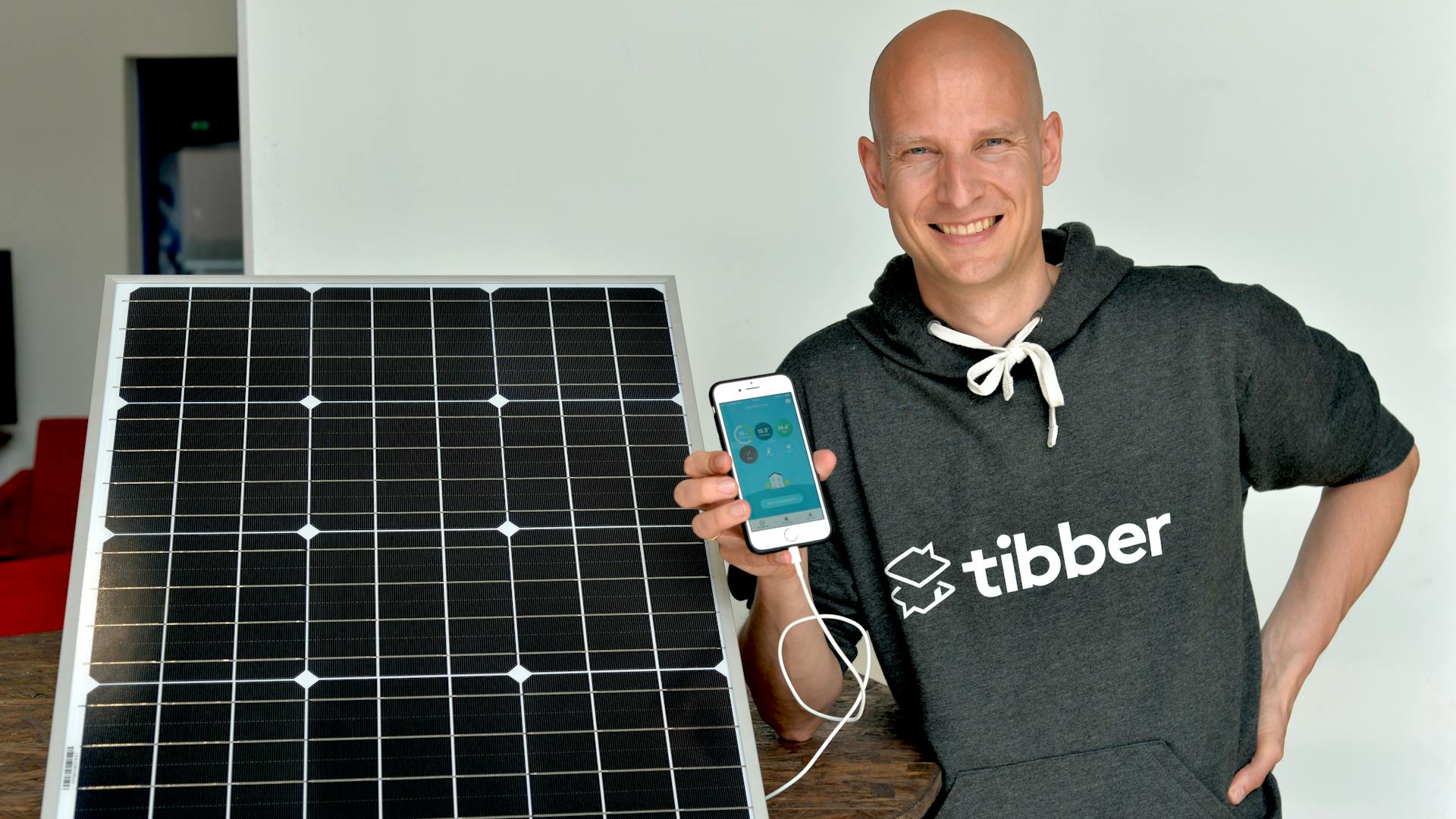Smart homes will die
The first thing that appears in his crystal ball is the prediction that all homes will be filled with products connected to the Internet: “Today you almost have to be an engineer to get everything to work properly, but it'll get much easier”. He adds that smart products will be something that everybody owns within the next few years, which means that the word ‘smart’ will disappear from the equation, just like it did with phones.
Think about it: how many people refer to their phone as a ‘smartphone’ nowadays? “The term ‘smart home’ will die,” says the co-founder. Tech giants such as Amazon, Apple and Google have recently announced that they're teaming up to work towards the standardisation of smart home products. The aim is that it'll get easier to produce smart home products that communicate with each other, and in turn making it easier to make your home ‘smart’, which reinforces Vårdal Aksnes' prediction.
New batteries will revolutionise the EV industry – and your home
"The development of battery technology will turn the electric car into a product for the masses, not just a niche product as it is now – excluding Norway", says Vårdal Aksnes. Electric cars will become cheaper and have better range.
The electric car industry is not the only thing being revolutionised within the next decade; your home will change too. It'll become more common to use personal home batteries to store energy. "Those who are currently working on lithium battery development have discovered that it'll be possible to at least double the capacity, while also lowering the prices. This means we can get at least a quadruple in terms of the price-performance ratio. Home batteries will achieve significantly greater profitability in less time than what we see today. Today, it doesn't really pay off having these kinds of batteries, but the changes in price-performance will also make it economically viable for people to use batteries for energy storage. New products that make storing energy in your home easier will be introduced, and those will likely be extra popular in combination with solar panels,” says Vårdal Aksnes.
Energy companies will disappear
"In ten years, the leading energy service will be digital. The largest energy company will not necessarily own its own production, but will be a digital service that offers new value to customers," says Vårdal Aksnes.
Many have suffered the same fate in other industries. Several services will move to the digital world, including energy. Ask yourself, what's the largest hospitality company in the world? It's not a hotel chain, but the digital company Airbnb.
Music? Spotify.
Shopping? Amazon.
Film? Netflix.
Energy and electricity in the next decade? ...

